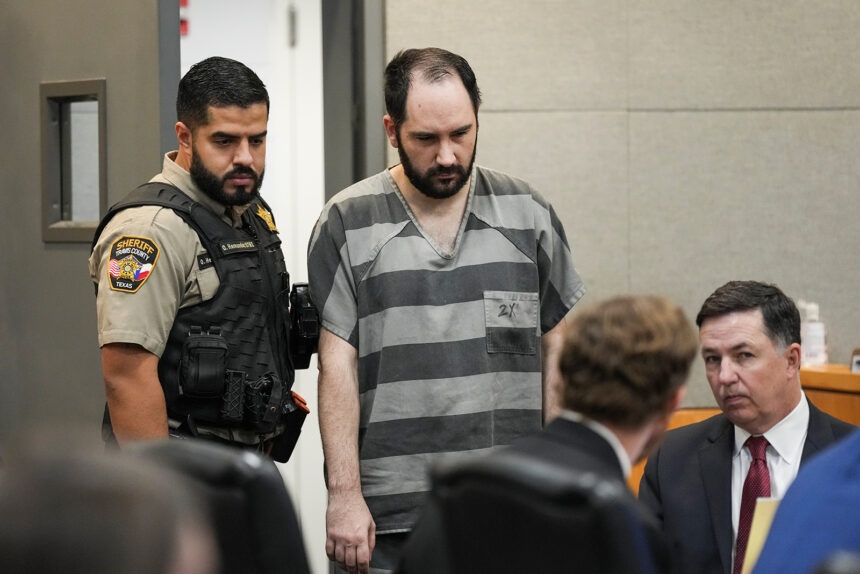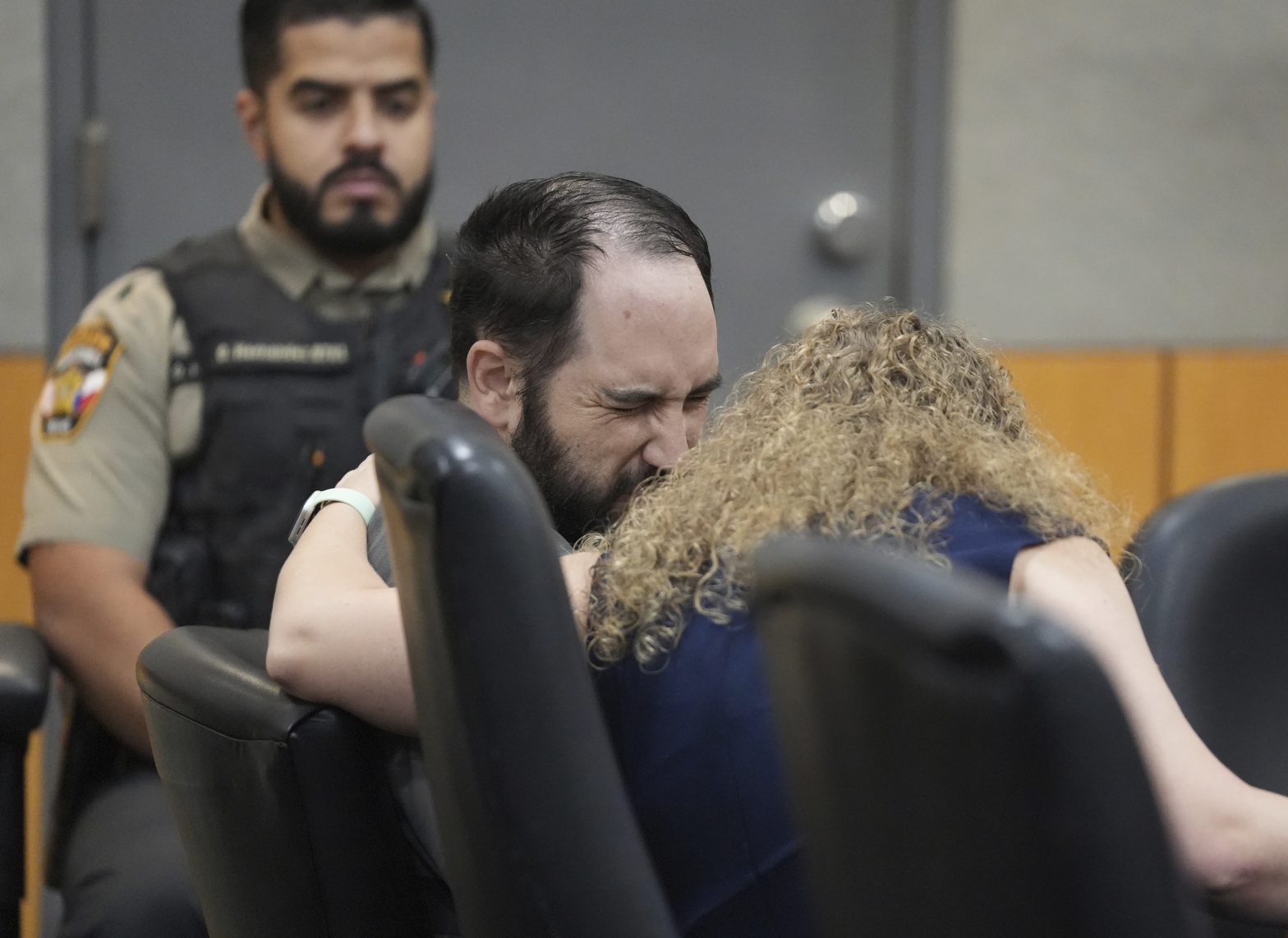The recent decision to sentence U.S. Army Sergeant Daniel Perry to 25 years in prison for the 2020 murder of a Black Lives Matter activist in Austin, Texas has reignited national conversations about gun control, racial justice protests, and the application of self-defense laws. The case, which gained nationwide attention, has become particularly contentious due to an unexpected move by Texas Governor Greg Abbott, who has declared his intention to issue a pardon for Perry.
The 35-year-old Army Sergeant was convicted for shooting and killing 28-year-old Garrett Foster, also a veteran, during a racial justice demonstration following George Floyd’s murder. Perry’s defense sought a sentence of 10 years, highlighting his clean criminal history, struggles with complex PTSD, and positive feedback from his military colleagues.
Nonetheless, the prosecution demanded a minimum of 25 years, citing Perry’s racially charged and provocative social media activity prior to the incident. They also suggested that Perry’s mental health evaluation revealed he was a ticking time bomb.

The central event of the case involved Perry, then on duty at Fort Hood, purportedly ignoring a red traffic signal and driving his car into the gathering of protesters. Foster, legally armed with an assault-style rifle, went towards Perry’s car and gestured for him to roll down his window. Perry retaliated by firing his handgun at Foster, maintaining that he felt threatened by Foster’s perceived intent to use his weapon.
This unfortunate episode has stoked the fires of debate over gun control, the right to self-defense, and the validity of Black Lives Matter protests. These topics remain hotly disputed in the U.S., and this case has only served to highlight these issues.
The case took an unexpected turn when Texas Governor Greg Abbott voiced his intent to pardon Perry following his conviction, requesting that the state Board of Pardons and Paroles fast-track their review. The governor’s intervention raised eyebrows, as it not only deviated from the norm but also potentially impacts Texas’ “Stand Your Ground” laws.
“Texas upholds some of the most robust ‘Stand Your Ground’ self-defense laws that cannot be overturned by a jury or a liberal District Attorney,” Abbott tweeted. Nevertheless, the governor’s power to pardon Perry hinges on a recommendation from the Board of Pardons and Paroles, as stipulated by Texas law.
Though Perry’s fate has been sealed, the complexities of the case are far from being untangled. The prospect of a pardon by the governor and the ongoing examination by the Board of Pardons and Paroles add an unpredictable element to the ultimate outcome. Moreover, the broader societal and political ramifications of the case continue to echo, underscoring the sharp disputes over racial justice, gun control, and self-defense laws in the United States.
©world-news.biz
